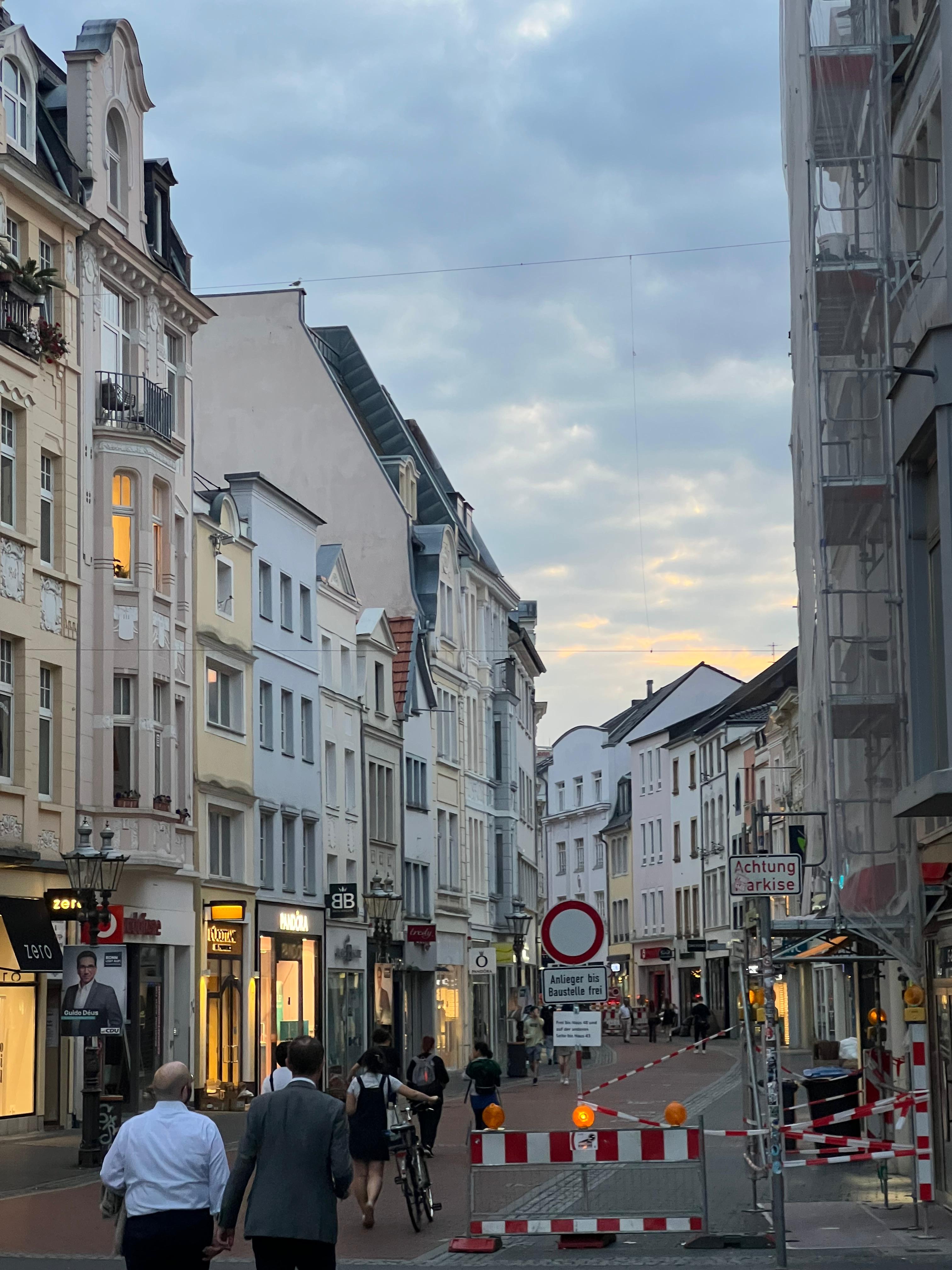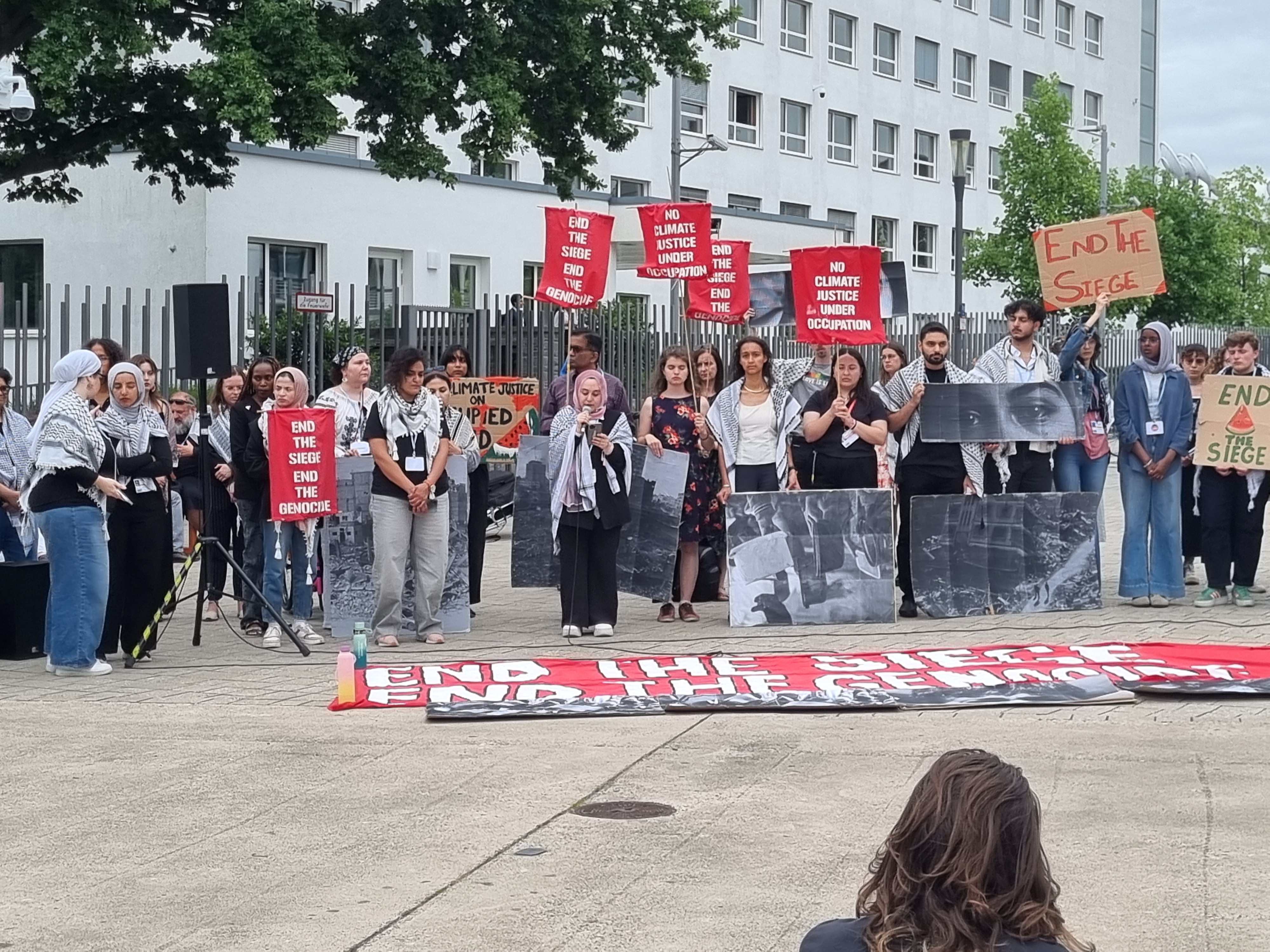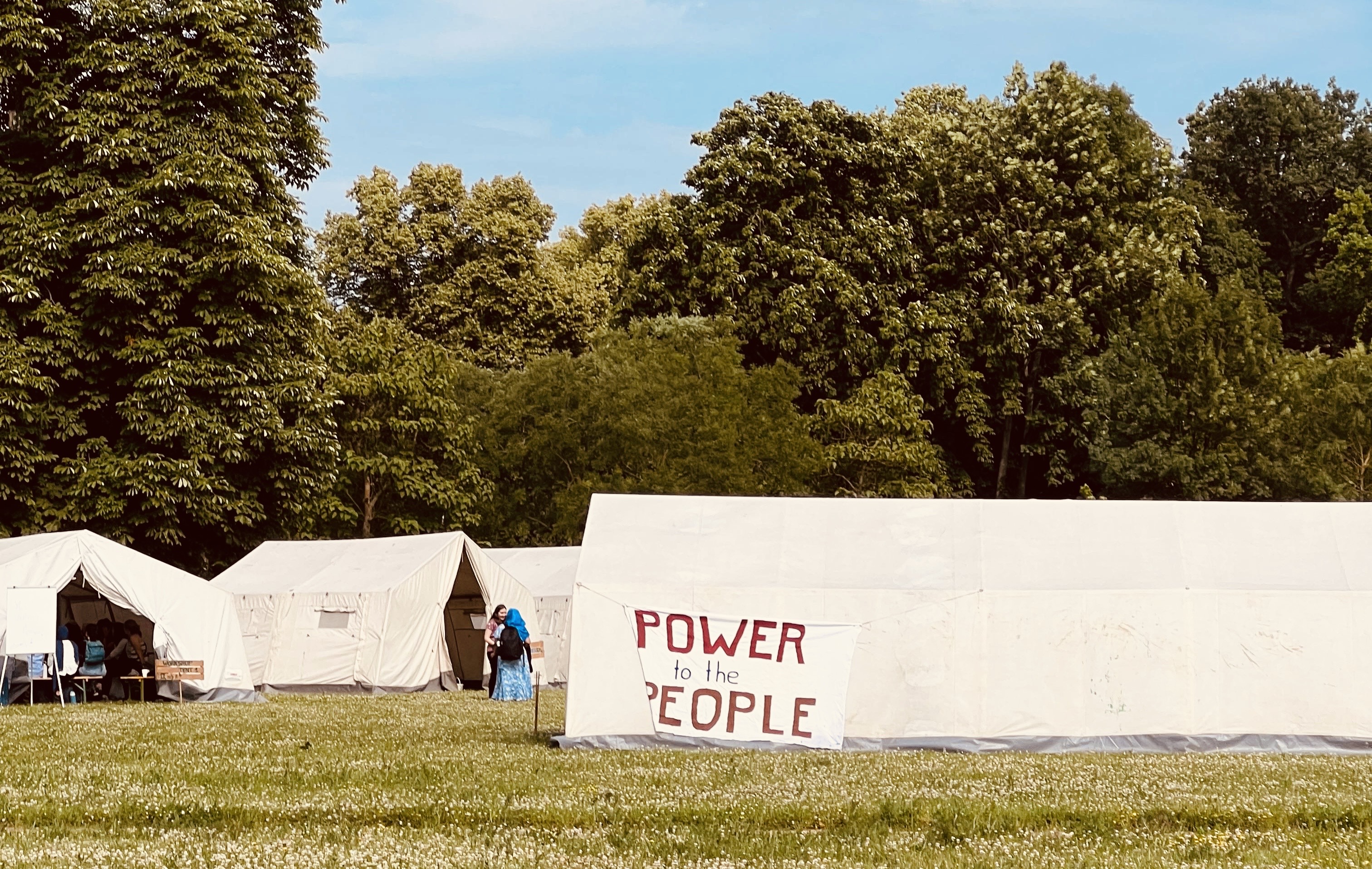When you observe negotiations, as a researcher, the observations don’t start and stop on entering and leaving the READ MORE
Category: CAMAMAZON
The art of (not) negotiating through negotiation: The turbulent waters of implementing the Paris Agreement from the Rhine to the Guamá
Authored by Marcela Vecchione-Gonçalves (@marcelavecchione; email: marcela.vecchione@gmail.com) I have been following the Climate Conferences, and their subsidiaries, since READ MORE
The CAMAMAZON team reflects on their experiences at the SB62 in Bonn
In June, most of the CAMAMAZON project team travelled to Bonn for the 62nd meeting of the Subsidiary READ MORE


